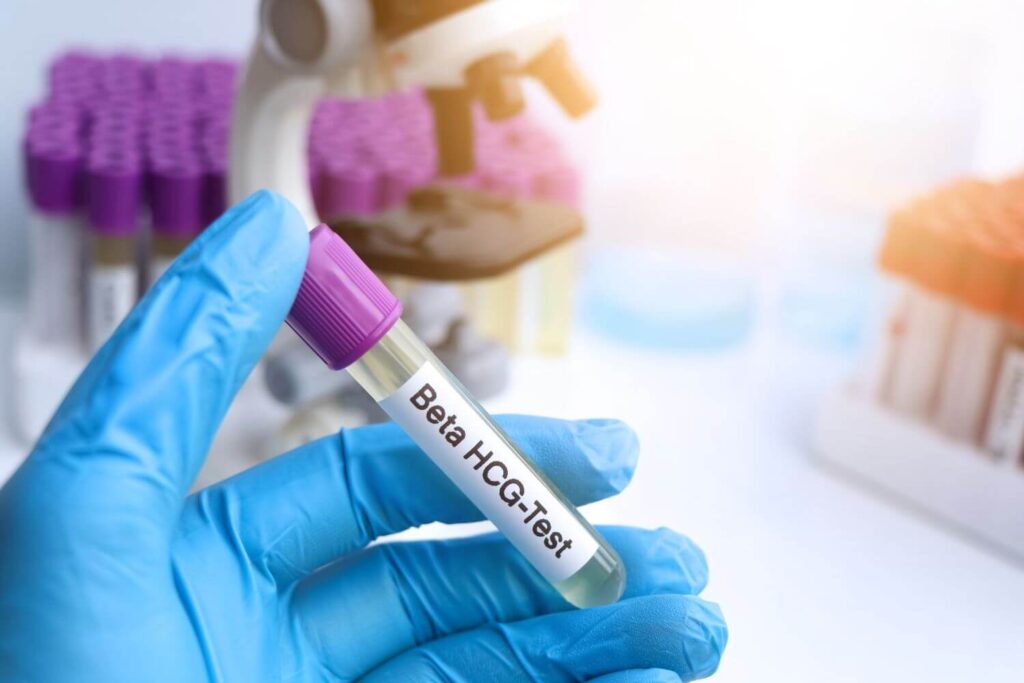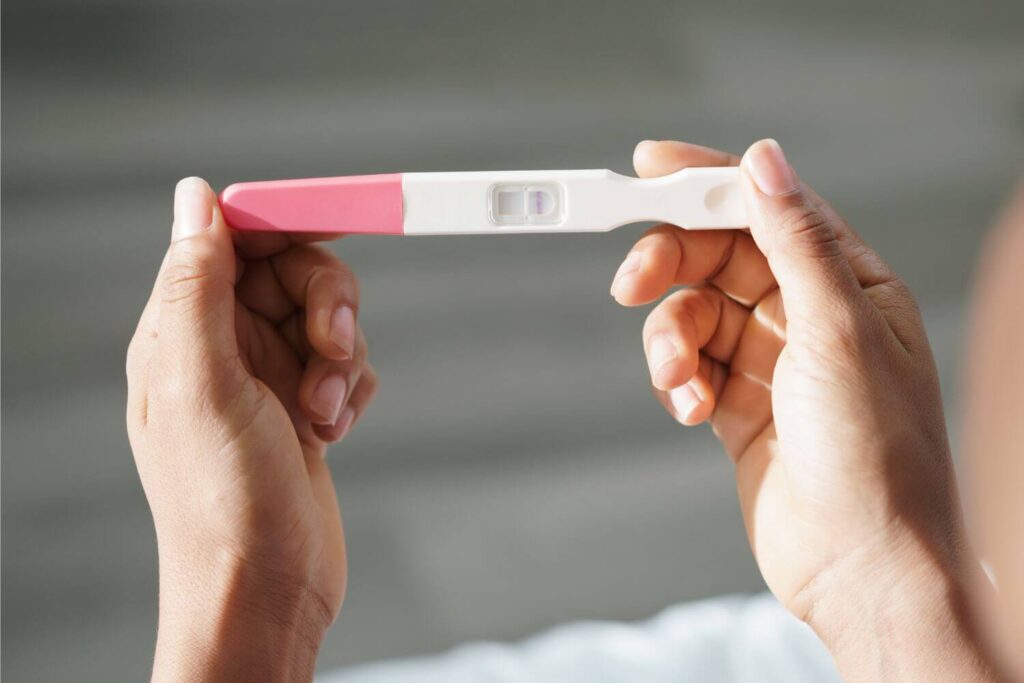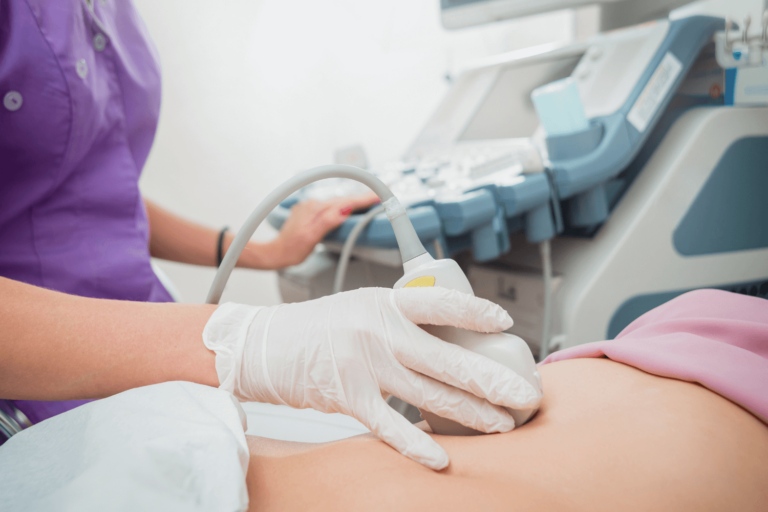Experiencing a chemical pregnancy can be both confusing and emotional, especially if you’re unfamiliar with the term. If you’ve recently heard this phrase from your healthcare provider or during research, you may be wondering what it means and how it affects your fertility journey. This post will explore what a chemical pregnancy is, its causes, symptoms, and how it may impact future pregnancies.
Chemical Pregnancy Explained

A chemical pregnancy is a very early miscarriage that occurs shortly after implantation, usually before the fifth week of pregnancy. In a chemical pregnancy, the fertilized egg implants in the uterus and may initially produce enough hCG (human chorionic gonadotropin) to yield a positive pregnancy test. However, the pregnancy doesn’t progress, and an ultrasound would not detect a gestational sac or a developing embryo.
This type of miscarriage is called a “chemical pregnancy” because it’s only detectable through chemical means—specifically, a pregnancy test that measures the presence of hCG in your urine or blood. The pregnancy ends before it can be confirmed by more physical signs or through an ultrasound.
Are Chemical Pregnancies Common?
Chemical pregnancies are surprisingly common, accounting for approximately 60% of all miscarriages. Many women may not even realize they’ve had a chemical pregnancy because the miscarriage often happens around the time their period is due or just a few days later. For those tracking their cycles or using early-detection pregnancy tests, however, a chemical pregnancy might be more noticeable.
What is the Cause of a Chemical Pregnancy?
The exact cause of a chemical pregnancy can be difficult to determine, but it is usually due to chromosomal abnormalities in the fertilized egg. These abnormalities can prevent the embryo from developing properly, leading to an early miscarriage. Other potential factors include:
Implantation Issues: The fertilized egg might not implant properly in the uterus, leading to an unsuccessful pregnancy.
Hormonal Imbalances: Certain hormonal issues can interfere with the proper development and maintenance of a pregnancy.
Uterine Abnormalities: Conditions such as fibroids or scar tissue can affect the implantation and growth of the embryo.
Infections: Certain infections in the mother can also lead to a very early miscarriage.
What Are The Symptoms of a Chemical Pregnancy?

Chemical pregnancy symptoms are often subtle and can be easily mistaken for a normal period. Some of the most common signs include:
A negative pregnancy test after initially testing positive: If you receive a positive result on an early pregnancy test and then get a negative result a few days later, it could indicate a chemical pregnancy.
Early or heavier than normal menstrual bleeding: Many women experience bleeding that may be heavier than their regular period, often accompanied by more intense cramping.
Drop in hCG levels: A blood test that shows a decline in hCG levels can confirm that a pregnancy is not progressing.
What do I do if I suspect I’ve had a chemical pregnancy?
If you suspect you’ve had a chemical pregnancy, it’s important to talk to your healthcare provider. They can confirm the miscarriage and help you understand what might have happened. In most cases, no specific treatment is needed after a chemical pregnancy, and you can try to conceive again as soon as you feel ready.
If you’ve had multiple chemical pregnancies, your healthcare provider may suggest further testing to determine if there’s an underlying issue that needs to be addressed.
A chemical pregnancy is an early miscarriage that occurs shortly after implantation, often before you even realize you’re pregnant. Understanding what a chemical pregnancy is and how to cope with it can help you navigate this early stage of pregnancy loss and prepare for the future.
Even though a chemical pregnancy occurs very early, it can still be an emotional experience, especially if you’ve been trying to conceive. It’s important to acknowledge your feelings and seek support if needed. Many women go through a range of emotions, from disappointment and grief to confusion and frustration. Many pregnancy centers offer free counseling for those who have experienced pregnancy loss –regardless of gestational age.
Remember that a chemical pregnancy does not mean that you won’t be able to have a successful pregnancy in the future. In fact, many women who experience chemical pregnancies go on to have healthy pregnancies later on. If you’ve experienced a chemical pregnancy, remember that you’re not alone. Support is available, and with the right information and care, you can continue your journey toward a successful pregnancy.




